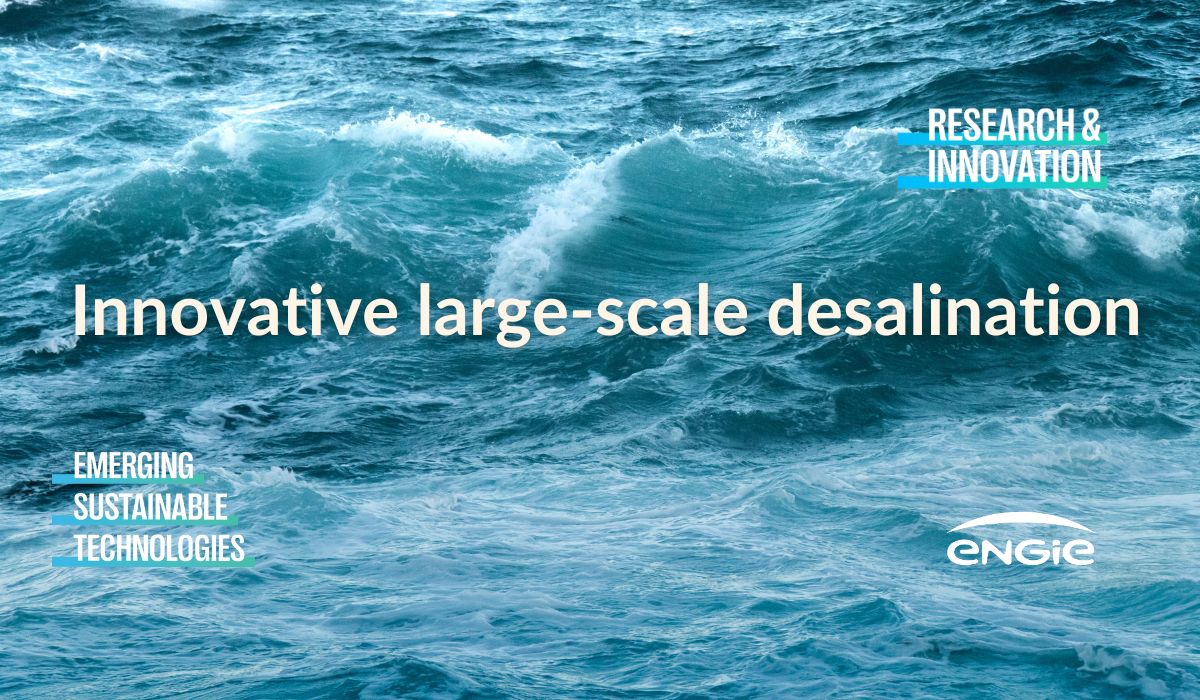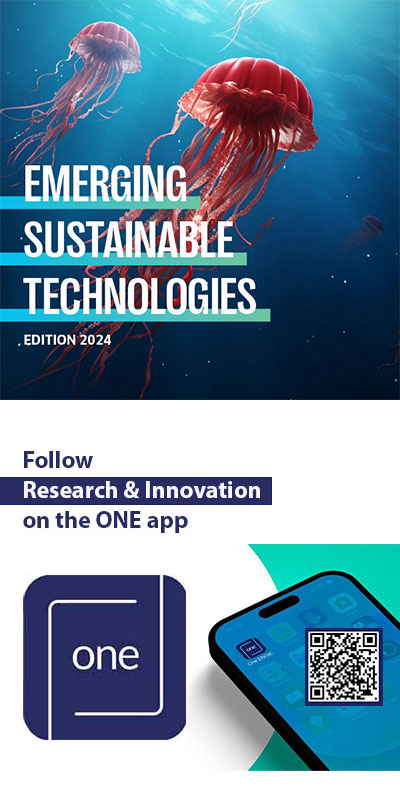Affordable large-scale desalination, how do we get there?
Key technological breakthroughs are expected, reducing water cost for drinking purpose & energy transition while minimizing the environmental impact.
Reverse Osmosis (RO) is the most widely used desalination technology.
Reverse Osmosis is a water purification technology that uses a semipermeable membrane to remove ions, molecules, and larger particles from drinking water. The process of reverse osmosis involves applying pressure to the water on one side of the membrane, which forces the water molecules to pass through the membrane while leaving behind impurities. Reverse osmosis is commonly used in desalination plants to convert seawater into drinking water.

Processes, advanced membrane materials & integrated solutions are the main innovative desalination technologies.
Social acceptability of desalination
Desalination is a technology with easily perceived benefits: the security of water supply is widely favored by communities, although it comes with additional costs and significant investments required for opening new plants.
- Social and socioeconomic challenges faced by desalination projects are primarily related to issues of water affordability, environmental impacts, and energy costs.
- In regions where populations rely on activities linked to the sea (fishing, aquaculture, tourism…), extensive desalination infrastructure can disrupt traditional livelihoods by limiting coastal zone access and this is an important concern to be considered when planning new assets. The same is true with respect to the possible social impacts of the brine discharge which should be designed to minimize effects on fishing and tourism, which serve as the backbone of the economy for certain populations.
- It’s important to mention that today’s innovative desalination technologies directly tackle key challenges concerning water affordability, environmental impacts, and energy costs.
Environmental analysis
- Energy consumption impacts of desalination depend very much on the energy production source (renewable or fossil based).
- Brine discharge can lead to local higher salinity temperature, pH variations, oxygen content, … which may impact microbial communities, the sediment biogeochemistry, coral reefs and impact biodiversity in general. Efforts are already ongoing to minimize the impact of brine discharge such as mixing brine with cooling water from power plants or using long pipes equipped with diffusers along their length into the sea.
- It is however likely that legislation will become more stringent and novel approaches such as Minimum Liquid Discharge or even Zero-Liquid Discharge are being studied.
Highlight map of some projects in construction, in development & in operation

Discover the main innovative desalination technologies, their advantages and their challenges in ENGIE’s 2024 report on Sustainable Emerging Technologies:
Contributions and Acknowledgments:
- Marie Laure Thielens
- Daniel Baaklini
- Jean Sanchez
- Benjamin Metayer
- Elodie du Fornel
- Elodie Le Cadre Loret
- Jan Mertens
- Jean-Pierre Keustermans
- Céline Denis
- Olivier Sala

